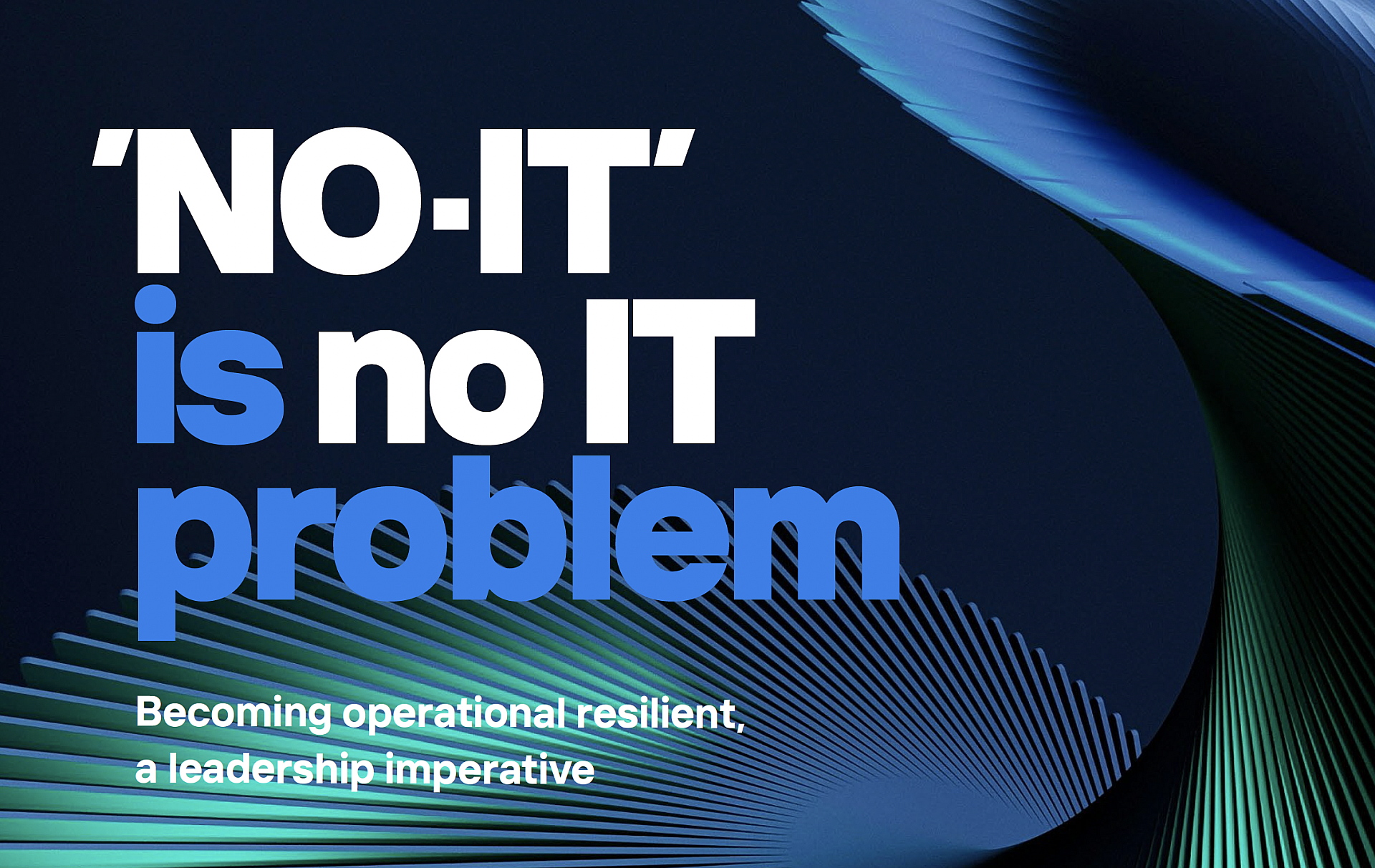The findings highlight a shared understanding across organizations: cyber threats are an unavoidable reality. These risks extend far beyond ransomware or advanced hacking techniques, encompassing operational disruptions caused by human error or technical failures. While organizations recognize these challenges, the study highlights an opportunity for growth—broadening the perspective on cybersecurity beyond a technology-focused approach, to address systemic vulnerabilities more effectively.
Beyond compliance
With growing pressure to meet stricter digital resilience regulations, many companies focus heavily on compliance. While this is important, the report warns that compliance alone doesn’t tackle the deeper risks. Leaders often rely on IT teams to handle cybersecurity, but this approach overlooks a key point: cyber risks aren’t just IT problems—they’re business problems.
“Cyber threats impact how companies operate and survive,” the report notes. “You can’t delegate responsibility for resilience—it requires leadership from the top.”
Focus on operational resilience
The report calls for a mindset shift, moving from “digital resilience” to “operational resilience.” This means looking at cyber risks as part of overall business continuity planning and taking steps to ensure the organization can adapt and recover when disruptions happen—not if they happen.
The report provides guidance to help organizations strengthen their resilience. It emphasizes the importance of collaboration across teams and partners, looking at risks from a business-wide perspective, prioritizing critical areas, and rigorously testing recovery plans.
Opportunity for proactive leadership
The report encourages leaders to take charge in building resilience within their organizations. Cyber risks are a reality, but they also present an opportunity for proactive leadership. Taking an active role ensures organizations are better prepared to handle disruptions when they arise.
"While not every risk is within our control, how we prepare and respond is entirely up to us," the report emphasizes.

